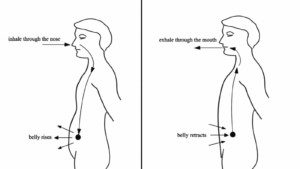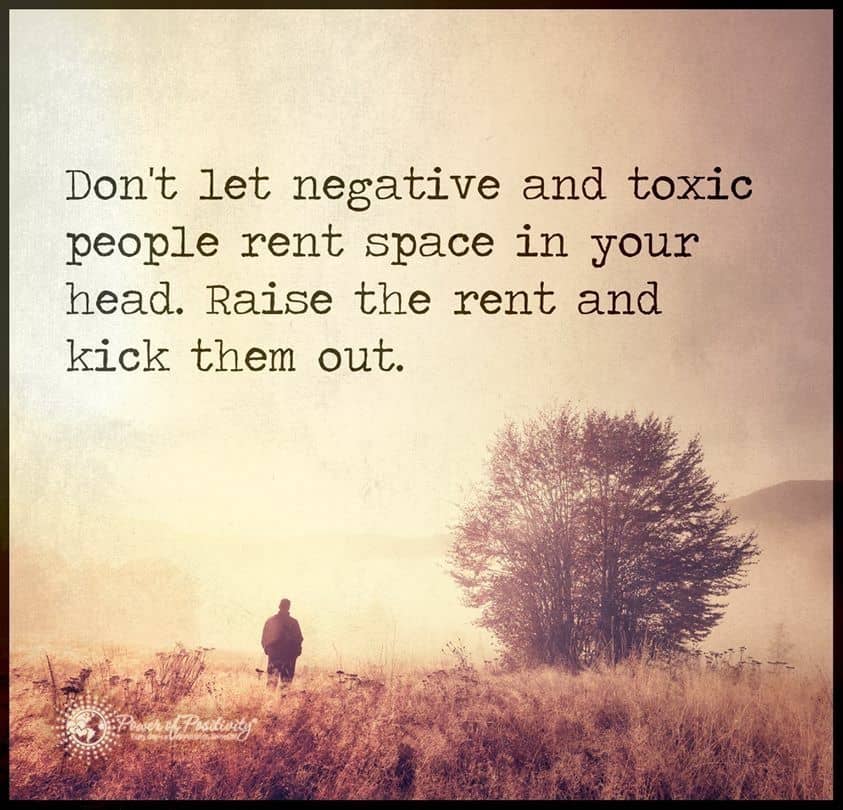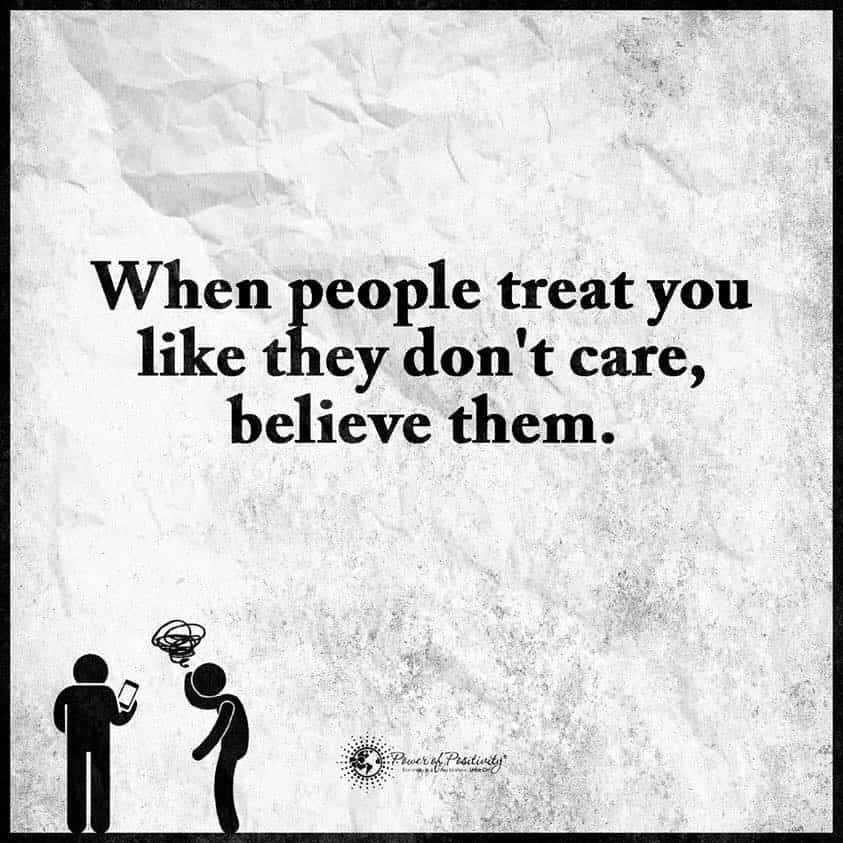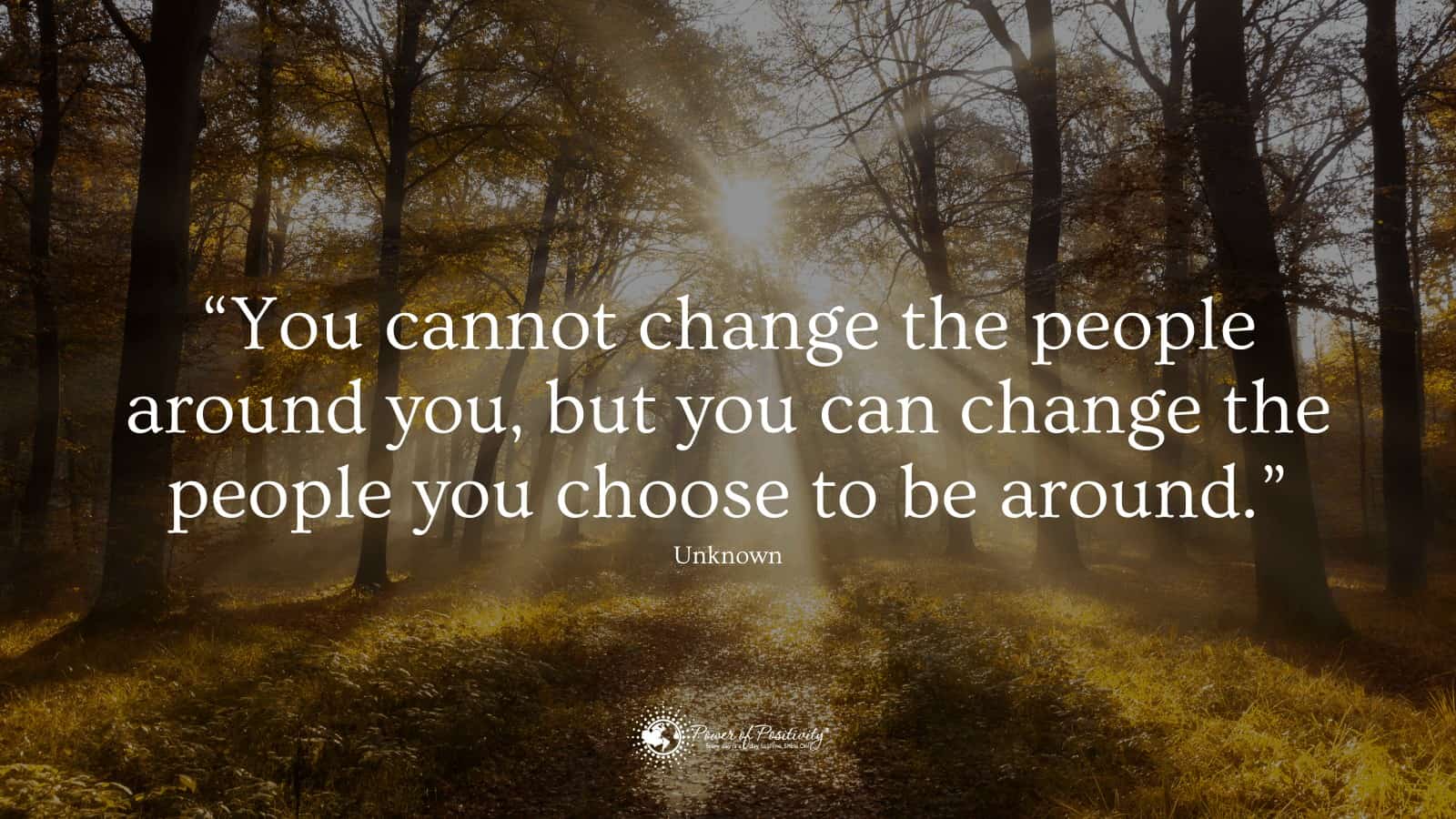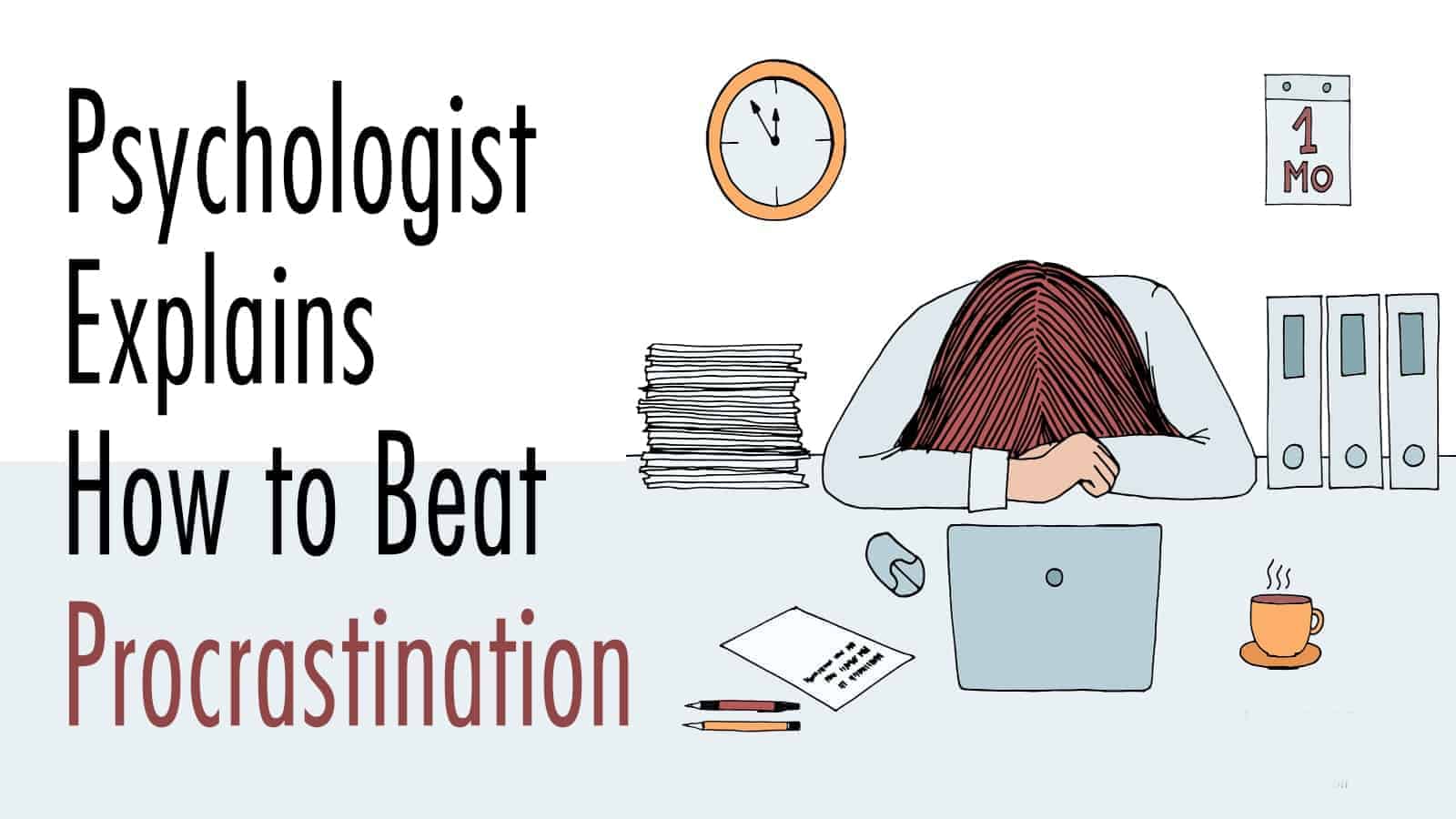The American Psychological Association (APA) defines anxiety as “an emotion characterized by feelings of tension, worried thoughts and physical changes like increased blood pressure.”
Pretty much all of us can resonate with having had a bout of anxiety… maybe even within the last 24 hours.
Anxiety is incredibly common; especially in this crazy, tuned-in (but not really), smartphone carrying, an ultra-competitive society that we find ourselves in. To be perfectly clear, having occasional anxiety is completely normal. All of us get overwhelmed from time to time, with the demands and stressors of life an almost daily occurrence.
Here are 7 effective, practical ways to deal with anxiety in your life:
“People tend to dwell more on negative things than on good things. So the mind becomes obsessed with negative things, with judgments, guilt and anxiety produced by thoughts about the future and so on.” – Eckhart Tolle, author of “The Power of Now”
1. Remember… anxiety is impulsive.
Sometimes our brain works in mysterious ways. Actually, make that most of the time. Impulsivity is something that we are all subject to from time to time…and it’s automatic.
Our brains have a “fight or flight” mechanism, attributed to evolutionary changes in the brain responsible for controlling how the body functions in an emergency. Here is a brilliant analogy that was found when scouring the web…
While drinking your second cup of coffee at work, you hear your boss say “Could I see you in my office?” Upon hearing these words, the hypothalamus of your brain messages your adrenal glands and within seconds your body is summoning all of the same powers that your cavemen ancestors needed when encountering a wild animal.
As you enter the bosses’ office, you are now experiencing a full-fledged fight or flight response. You know that you can’t flee, so instead, all that energy is just building up inside until you feel like you’re ready to explode. Then, your boss looks your straight in the eye…”We’re considering you for a promotion.”
2. Remind yourself that anxious feelings are temporary.
As with nearly everything else, anxiety comes and goes. The reason for this is simple: our body, mind, and life experiences are constantly changing. As such, our brains must constantly change and adapt.
Uncertainty is without a doubt the most powerful and common precursor of anxiety. When we feel out of control in any way, we are almost always going to experience an anxious response. When you’re feeling overwhelmed or out of control, remember that these feelings are temporary. “This too shall pass…”
And then? Well, it begins to go away…
3. Get active.
Exercise is probably the best antidote to anxiety. It doesn’t matter what kind of exercise– bike, hike, swim, run, shoot hoops – do whatever as long as the heart is pumping as a good rate. Simply put: exercise boosts our mood. Interestingly, exercise of any form has been shown to be as effective (if not more so) than antidepressants. Not only does exercise boost your mood, but the exposure to fresh clean air and sunshine can also quickly brighten your mood.
In a book called “The Depression Cure”, clinical psychologist states: “Exercise changes the brain. It increases the activity level of important brain chemicals such as dopamine and serotonin…(it) also increases the brain’s production of a key growth hormone that normally plummets in depression…some parts of the brain start to shrink over time, and learning and memory are impaired…exercise reduces this trend, protecting the brain in a way nothing else can.”
4. Treat yourself well.
When we are not feeling well, our innate response is to rest; maybe even make ourselves a hot cup of tea and try to get some sleep. This response is almost automatic…we’ve been “trained” to do this when we don’t feel well.
When we feel anxious, we don’t feel well. The only difference is that we need to be more proactive about how we treat ourselves because we have more control over how we respond, unlike most physical illness.
So, be proactive by meditating, reading something inspiring, getting some rest, getting outdoors…whatever brings feelings of joy and peace, do it. Be your own advocate.
5. Focus on your breath.
Depending on where and when our anxious feelings occur, we may be limited in how they’re dealt with. If in a cubicle at work or in a crowded public area, bringing attention to your breath is a great way to help ease anxiety.
Bring focus to the breath for a few moments – put one hand on the abdominal area and another on the chest while trying to make the abdominal area move more. The reason: when we are anxious we have a tendency to breathe in a more shallow fashion (with more chest movement).
Make a conscious effort to fill up the abdominal/diaphragm/belly area with deep, mindful inhalations. Then slowly exhale while feeling the anxiety fleeing. Take a deep breath in for 4 seconds, and slowly exhale over an 8-second count. Or focus only on your breath for 60 seconds while attempting to think of nothing else.
Proper oxygen sent to the brain can immediately bring a sense of reason back into your mind, allowing your anxiety to diminish.
6. Understand the human brain.
This is another way of reminding us that we are not our brains. This fact cannot be reiterated enough, yet it is often overlooked, or unknown by many.
Neuroscientists, psychologists, and psychiatrists all say the same thing… we have the emotional, primitive parts of our brain (the ‘amygdala’) that is responsible for the generation and processing of primal emotions (fear, worry), and the logical parts – the frontal lobes and cortex which are educated, sophisticated, and reasoning.
In layman’s terms – we have both the drama queen from the local community theatre and the distinguished, intellectual Harvard professor telling us what to do.
7. Distract yourself.
We may have the most complex, advanced brains in the animal kingdom but that doesn’t mean that we aren’t susceptible to a nice, juicy distraction every now and then.
When anxiety is rampant, we want to get out of our own heads as much as possible. It really doesn’t matter how it’s done – a movie, game, book, magazine, puzzle, etc. – as long as it gets the mind to focus onto something else.
How have you overcome anxiety? Add your valuable resources into the discussion below…

